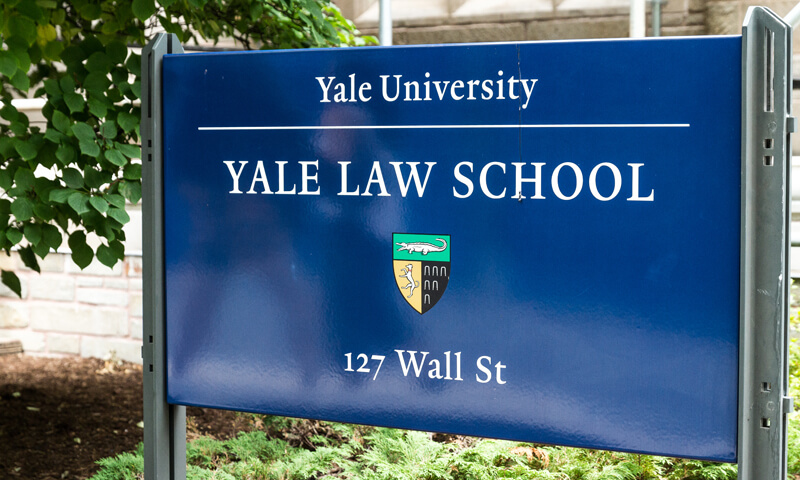In a landmark ruling, the US Supreme Court delivered a significant victory to brand owners by determining that parody products do not enjoy constitutional protection against trademark lawsuits. The case revolved around “Bad Spaniels” dog toys produced by VIP Products, which resembled Jack Daniel’s whiskey bottles. VIP argued that their toys, featuring poop-themed variations of Jack Daniel’s label and bottle design, constituted protected commentary on the alcohol industry’s advertising practices and pet owners’ affectionate treatment of their animals. However, in a unanimous 9-0 decision, the Supreme Court rejected VIP’s First Amendment defense, overturning a previous ruling by a US appeals court and raising the threshold for parodies to survive trademark claims.
Justice Elena Kagan, writing for the Court, emphasized that the Rogers test, a precedent used to assess the use of trademarks in artistic expression, was not applicable to VIP’s products. She explained that the Rogers test did not apply when the accused infringer had used a trademark to identify the source of its own goods, essentially using it as a trademark itself. Kagan drew a distinction between this case and previous instances where the Rogers test had been deemed relevant, such as when the Danish pop group Aqua’s label MCA Records successfully defended against a trademark lawsuit filed by Mattel over the band’s song “Barbie Girl.”
Legal experts anticipate that this decision will require companies to exercise greater caution when creating commercial products that imitate existing brands for the purpose of parody. Megan Bannigan, a partner at Debevoise & Plimpton, hailed the ruling as a victory for both artists and brands, as it clarified that the Rogers test does not apply when a trademark is used to identify the source of goods without permission. However, Bannigan noted that the Court’s decision offered little guidance on distinguishing between a trademark use and a non-trademark use that might be subject to the Rogers test.
Doug Masters, a partner at Loeb & Loeb, suggested that the ruling implied that parody products accused of infringement might not be able to rely on the Rogers test if they are intended to be commercial products, even if they incorporate elements beyond mere commerce. This could prompt companies engaged in parodies to seek licensing agreements or explore more creative avenues that differentiate their products from the brands they are referencing.
Advance your legal career and achieve your professional goals – sign up for LawCrossing now.
While the decision appears to set stricter standards for parodies, some experts believe that the First Amendment could still protect certain parody products. Alexandra Roberts, a law professor at Northeastern University, cited the example of a “Chick-Fil-Hate” t-shirt, which conveys a message about the fast-food restaurant Chick-fil-A’s past donations to anti-same-sex marriage organizations. Roberts suggested that such a parody product could still receive First Amendment protection since it does not use “Chick-Fil-Hate” as a trademark. However, Roberts cautioned that if the term were used as a trademark inside the shirt, it would be considered more of a trademark use.
Despite the victory for Jack Daniel’s, Elizabeth Brannen, a partner at Stris & Maher, expressed skepticism about the long-term impact of the ruling. While the whiskey maker successfully argued that VIP’s toys could cause confusion among potential customers, leading them to believe there was an affiliation between the two brands, Brannen highlighted the likelihood of confusion analysis. This analysis considers the humorous message conveyed by the challenged product and acknowledges that consumers are not likely to attribute the mocking nature of the product to the original brand itself.
The Supreme Court’s ruling has set a precedent that will require manufacturers of parody products to exercise greater caution and creativity to avoid potential trademark infringements. While the decision clarifies certain aspects of trademark use in parodies, it also leaves room for interpretation and continued consideration of First Amendment protections in such cases. As brand owners celebrate this victory, the legal landscape surrounding parody products and trademark claims is expected to undergo further scrutiny and development in the coming years.






































